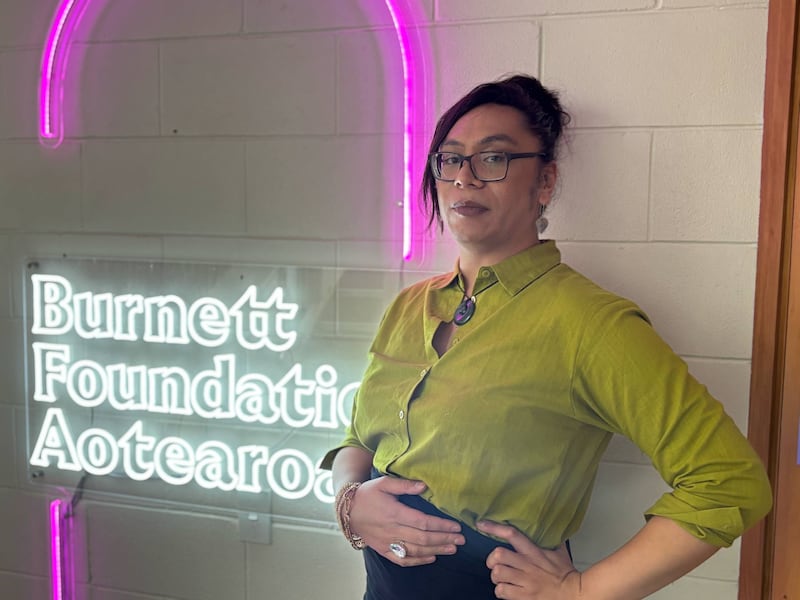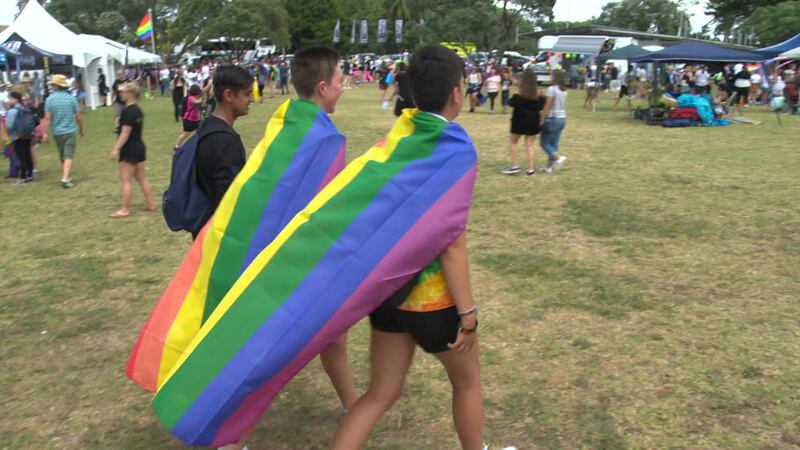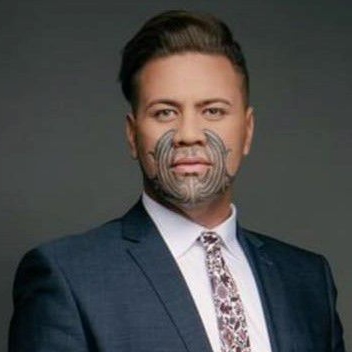Kaimahi Māori working in sexual health welcome the decline in HIV diagnoses but highlight ongoing challenges for Māori communities, particularly around basic sexual health knowledge.
Data released last week by the University of Otago AIDS Epidemiology Group showed that 38 gay, bisexual, and other men who have sex with men (MSM) acquired HIV in Aotearoa New Zealand in 2024.
This is a decrease from the previous year and continues the overall downward trend since the peak of 97 cases in 2016.
However, just under half of these new diagnoses were Māori.
Samora Kake, senior services and outreach coordinator for the Burnett Foundation, says whānau Māori are still having trouble talking openly about sex and, in turn, about safe practices and prevention.

“Whānau need to understand, early testing is your prevention. There isn’t any shame in testing, there isn’t any shame in accessing testing, there isn’t any shame in asking questions,” she said.
These sentiments are shared by Te One Matthews, a sexual health kaimahi for Te Kaha o Te Rangatahi. He says the rangatahi he works with face difficulties navigating the health system and even more so when it comes to sexual health.
“It could be the way a waiting room is laid out, it could be the way they’re acknowledged by the receptionist, it could be how long the form is. There are so many different layers to why access to services may not be very accessible for our rangatahi,” he said.
Kake, who identifies as trans or ‘whakawahine’, is also saddened by the data showing that three trans women acquired HIV in 2024. She says tailored, inclusive support is needed.

“Everyone can learn from this. To support our whakawahine, to support our trans men and trans female communities. To ensure that the prevention methods we’re utilising for a lot of our MSM (Men who sleep with men) or general population that should be appropriately assessed to support the community.”
There were also 28 New Zealanders who were diagnosed with AIDS in 2024. Burnett Foundation Interim General Manager, Alex Anderson, says this is concerning, as it signals late diagnoses of HIV that have progressed to AIDS.
“If we are going to achieve our 2030 goal of eliminating local HIV transmission, we need to see everyone at risk of acquiring HIV in regular systems of testing. If HIV is diagnosed early, it helps stop further transmission and ensures better health outcomes for recently diagnosed people,” he said.
He kōrero Ai
Ko Te One Matthews tētahi o ngā māngai o te hōtaka ipurangi o Ai. He mea whakahaere te hōtaka rā e Arataua Media. He kōnae ipurangi ka ruku atu i ngā kaupapa kōrero e hāngai pū ana ki te ai, ki te hōkakatanga me ngā kōrero whakatūpato i te hunga rangatahi, i ngā apataki katoa anō hoki.
“There are certain topics that we talk about where each of the panelist allow themselves to be vulnerable in the hopes that our rangatahi can hear that and really think about how they navigate life. There are learnings behind everything. When there’s a resource available, they can make better and informed decisions”.



